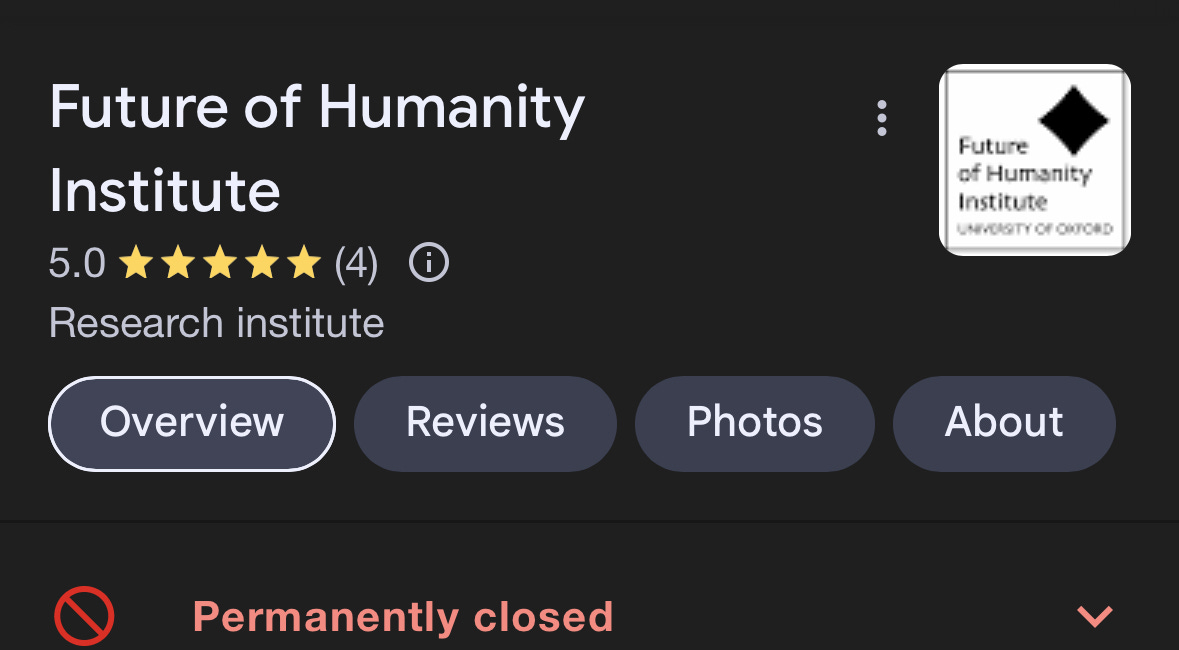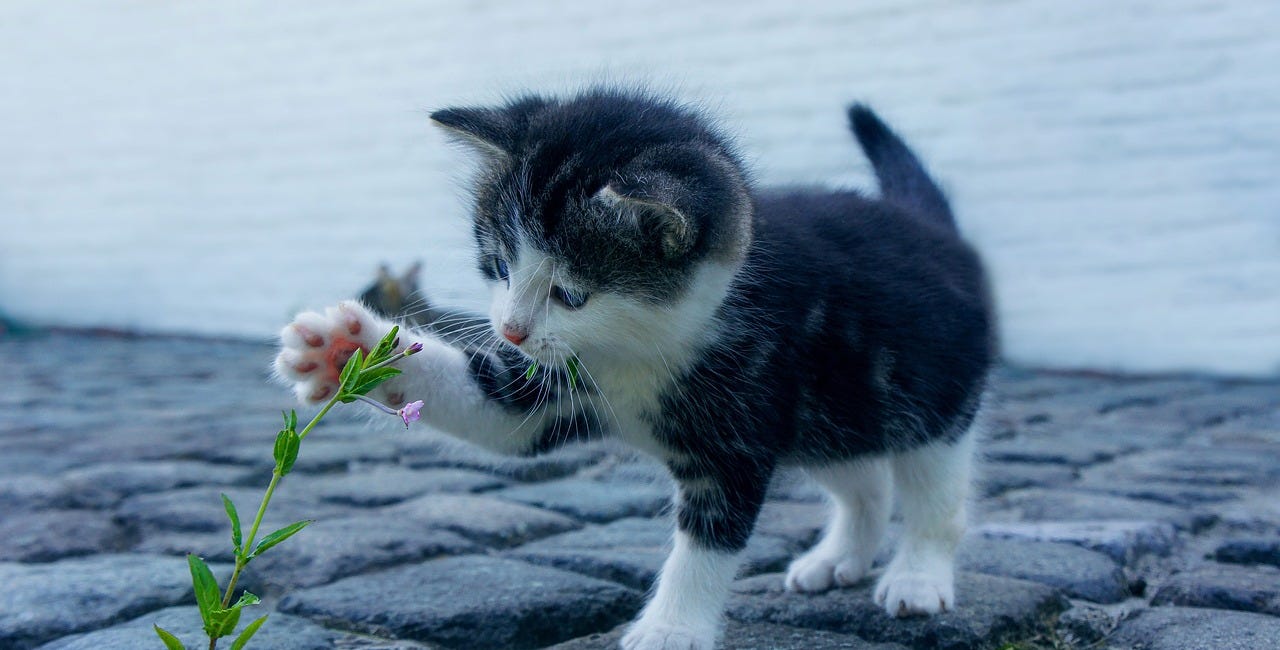The trigger warning. My daughter’s generation expects them. My generation? Hell, we’re iron-plated. We’re the latchkey kids. The basic parenting style for our lot was neglect. First year, leave them to cry in a pram at the end of the garden. Second and third years, smack them a lot. After that, leave them to do their own thing. Throw them out of the house after breakfast, saying come back at teatime.
Four years old, cycle half a mile up the main road on your tricycle? Positively encouraged. Get sent to the shop to get bread when you’re five? You bet. Walk your kid sister to school when you’re six or seven, crossing a whole bunch of roads in the process? Sure. Never mind the creepy flasher in the cut-through. Teenage years? Get into drinking vodka and having sex at fourteen just to see if they care what you’re up to. (They don’t).
I ran away from home once with just my pocket money, a spare jumper, my diary and a pen. I took a bus as far as fifty pence would take me and slept all night in a doorway. When I returned home 36 hours later, my mother hadn’t even noticed. The insult! If modern mums are Helicopter Parents, ours were napalm-dropping Bell Cobras.
We entered adulthood totally messed up, of course, but hella resilient. In that, what terrible thing could we experience that the people who were supposed to love us the most in the world hadn’t already done to us, or at least totally failed to protect us from?
It turns out, quite a bit. A childhood that’s abusive-by-default doesn’t give you a sense of your own worth and thus isn’t the substrate for an easy adult life. A training in not valuing yourself will lead to more of the same once you step away from the dysfunctional nest.
Resilient doesn’t mean immune to damage, it just means ‘can withstand it’, and we – let’s narrow it down to me and my siblings – were the saplings that had been battered about by pretty fierce winds. Forgetting the broken bits and emotional deformities, we had strong cores, so three of the four of us survived. With the help of the usual props: alcohol and drugs at first, but eventually yoga and therapy. We didn’t expect trigger warnings, though. For many years, I thought being emotionally unstable was just my personality.
The trigger warning has become a joke. Triggered, says the satirical comedian, the piss-taker, the meme. A big joke … except to those who feel profoundly in need of them. Which is more and more people because the lucky buggers grew up with more caring parents then we did, and a culture which normalised the sharing of feelings. It is a relief to be able to say I have these feelings, and these feelings are valid. But what are you going to do with them if they stem from trauma, and that trauma reaction gets triggered again and again?
Here are the common strategies:
boxing them up and hoping they go away
numbing the pain with drugs, alcohol, binge-watching, doom-scrolling, comfort eating
creating a false sense of control through cutting, anorexia, and other forms of self-harm
externalising our pain by visiting it on others (the abused becoming abusers).
None of these strategies makes for a better world or a happier you. And all of them exacerbate and extend suffering. If we are going to become a more functional society, we need to become more functional people. Our triggers are there to help us do so: not by hiding, but by healing.
I teach creative writing to undergrads, and I remember when content warnings were introduced. I resisted them, and an extremely talented student transferred out of my group, complaining to my colleague I had made her feel unsafe because, without warning, I had initiated a discussion on Patricia Lockwood’s politically important poem ‘Rape Joke’. I asked her what she would have done had I flagged up this poem in advance. She said she would not have attended the session. And I have nothing but compassion for her, as someone who was raped.
But Lockwood was also raped, and her poem gives powerful voice to that alarmingly common and devastating experience. It challenges the culture that makes jokes about it and the tendency to blame and shame the victim. Walking away from that poem is understandable; to stay is courageous. But a poem like that can be the beginning of reclaiming your voice. Of empowering yourself. Of connection with those who have shared that experience. Of finding ways to write about it. It can be the start of a healing journey. And yes, I am now more careful. I recognise I am teaching a less resilient generation.
But it isn’t the role of literature to be safe. To be anodyne. To avoid difficult subjects. The people most likely to avoid Chinua Achebe’s Things Fall Apart when they see it described as a book that ‘may trigger readers who have experienced racism, colonialism, religious persecution, violence, suicide, and more’ are those it was written to speak to and inspire.
What’s more, researchers have found that trigger warnings not only don’t work, they may make things worse. As someone who spent many years being triggered before ‘being triggered’ was a concept in public discourse, I now understand why.
Being triggered is essential to recovery. A trigger is a little flag raised for your attention which marks the spot where you were hurt and says ‘you need to deal with this.’ If you have unprocessed traumatic experiences in your background, they are going to keep bringing you unpleasant reminders, no matter how strenuous your attempts to avoid them. The more you avoid, the louder the signal grows. Often ramping up the seriousness of what you have to deal with.
Because the more you try to avoid your triggers, the more they will seek you out. As you may know, one of the interesting quirks of the quantum universe is that you get more of what you focus on. Maybe this has something to do with the Observer effect on the quantum level, playing out on a larger scale, and perhaps physicists will eventually work out the Quantum-to-Newtonian mechanism. In the meantime, it serves us as individuals to observe that effect ‘in the wild’ as it were.
Say you’re scared of angry men. Don’t be surprised if angry men pop up everywhere until you think the world is awash with them. With that fear activated, you’ll be exposed to many more angry men than your untraumatised friend. Over-sensitised by your trauma, you’ll also tend to see an angry man (and feel threatened) even when the man in front of you isn’t actually angry, just opinionated, or in a hurry, or he’s an excitable fella with a big voice.
Why is this so? Chiefly confirmation bias and the filtering system of the thalamus. We are bombarded every second by huge amounts of sensory data and can only function in this world by simplifying things with a framework of beliefs. Once a belief is established, you will be sensitised to noticing things that appear to confirm that belief, interpret neutral data as fitting it, and discard (by either not seeing or by dismissing) anything which conflicts with that belief. If you are certain the earth is flat, or that the world is a dangerous place, or that men/women/dogs/cars can’t be trusted, you have primed yourself to see that relentlessly proved to you.
From my reading on consciousness research, I consider the brain to be the chief organ through which we access ‘the mind’ (although the gut and the heart also have neurons and are vitally important for the subtler levels). So brain and mind are in no way synonymous, but indulge me for a moment and consider the brain as a metaphor for the mind. Consider that, like your whole body, your brain is a self-healing organ.
You accidentally cut your finger? The blood will clot, the wound will scab over, and it will heal. No trauma residue. Nothing to trigger.
You watched your father cut their finger? Circumstances matter. Accidental, shallow cut, minimal fuss made: no trauma. Deliberate, deep cut, shouting occurred, you were four years old, the only person there and didn’t know what to do? Probably a bit of trauma. An additional ‘brain-wound’.
Your father cut your four-year-old finger? Deeply? Deliberately? Delighted in it? Told you not to tell? Serious trauma. The physical wound is gone in a month but the mental wound? You eat out for twenty years to avoid chopping vegetables, avoid those open-kitchen restaurants, and are wary about dinner invites. Triggers.
Content warnings on TV series are getting more substantial by the year, but there is a limit. They’re not going to include ‘cutting vegetables.’ You can’t protect against everyone’s triggers because triggers are legion. Walking past the open door of a pub, with its waft of alcohol, can be flashback-inducing to someone raped by someone drunk.
And do we really want to spend our lives walking on eggshells, sanitising our language, dulling our literature, censoring old sitcoms, and neutering comedy in the entirely impossible project of guarding each other from pain? Especially when that pain is vital, potentially growth-inducing information?
A society that is determined not to trigger people is not only delusional, it is turning its citizens into victims, stoking grievance culture, and preventing people from recovering.
For those still carrying trauma, if you have managed to read this far, I salute your courage. And in wishing you empowerment through the roots of that word, based in cor, the Latin word for heart, I want to offer you this strong encouragement:
Don’t avoid your triggers. Appreciate them for what they are. Little flags that mark the spot where you should start digging to find the wounded, still living, younger you that’s buried underneath. Dig them out. Hold them. Soothe them. Stroke their hair. Tell them you’re here now, and everything’s going to be okay. Make it okay: use an effective healing tool to clear the pain of those memories.
How will you know it has worked? The next time you meet that trigger, you won’t be triggered. We’re back on the language of conflict, of attack helicopters, because this, my friend, is a campaign towards lasting peace. Trigger by trigger, follow the trail. Defuse every UXB that got buried in the soil of you. Get bombproof.
And when a new trigger arrives (and they get fewer and fewer), say, Thank you. I didn’t know you were there. I’ll start digging.
+++ Liking this post will help others find it too. Touch the heart! +++
Post-it Notes
In the last week I have:
Finished the chapter summaries for my non-fiction Marlowe book
Spent a bit too much time on Substack having fun
Been invited to dinner by somebody famous (yes, I am going)
Rehomed easily a hundred snails
Had two profound miracle-level experiences (one of which will be recounted in this week’s Secret Diary Club).
Talk to me. I always really appreciate your comments. Tell me what resonated. Share your experiences of ‘triggers’ as a driver of personal growth to inspire me and the others who read this post.
More posts like this:














I went to see Shelagh Delaney’s Taste of Honey at the Royal Exchange in Manchester a few months back. It ripped me apart and laid me bare; I was sitting next to my husband, who’d never really got what was wrong enough to have sent me into therapy, and I was seeing my mother’s neglect and emotional dysregulation made flesh. If I’d known that would happen, I’d. have stayed away. But that night we talked in a way we never had before. “I never realised before how much your childhood damaged you,” he said. He’s followed through on that since with some significant changes in attitude and behaviour.
Vestibular disorders (symptoms of dizziness both central and peripheral in origin) can cause a ton of anxiety and one of the number one things advised in coping is to NOT avoid triggers. Or at least, limit triggers but challenge yourself daily to at least one. The reason being that the brain will never learn how to feel “safe” in the midst of symptoms if we are in constant avoidance mode. And the anxiety only perpetuates and exacerbates dizziness so we’re doing ourselves more harm avoiding triggers than letting them roll in, even if they make us feel worse initially. Just thought I’d share this because it’s a very physical manifestation of what you’re speaking about!